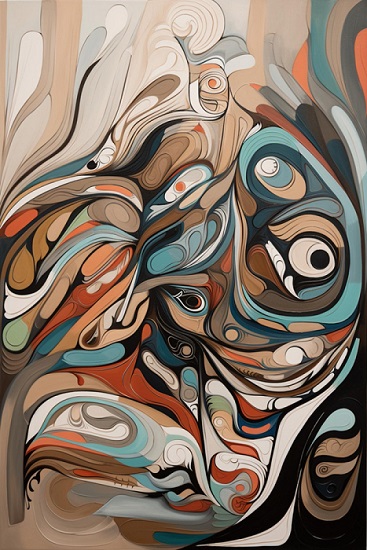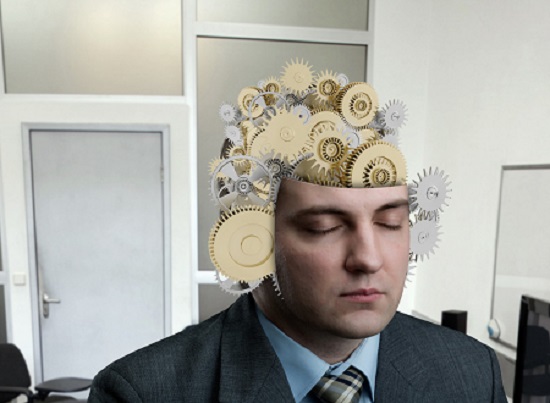Maintaining balance depends on information received by the brain from 4 sources, the eyes, the muscles, the joints and finally the vestibular organs in the ear.
Vertigo, instability and dizziness: Vertigo is usually rotational but can also cause the sensation of moving from one side to the other or falling to the ground. A typical vertigo attack is characterized by an intense feeling of spinning which coexists with intense sweating, nausea, vomiting, malaise, a feeling of fear and anxiety.
These symptoms may be due to:
Labyrinth disorders, Vestibular system damage, Cerebellar tumor, Multiple sclerosis, Meniere’s disease, Vestibular migraine, Stroke, Diabetes mellitus.
The vestibular system is responsible for maintaining balance in space. Vertigo is the sensation of rotation, either of the individual or of the environment.
Dizziness, on the other hand, is a more vague concept that, in addition to vertigo, may also include other symptoms such as headache, nausea, apathy, a tendency to faint, etc.

















